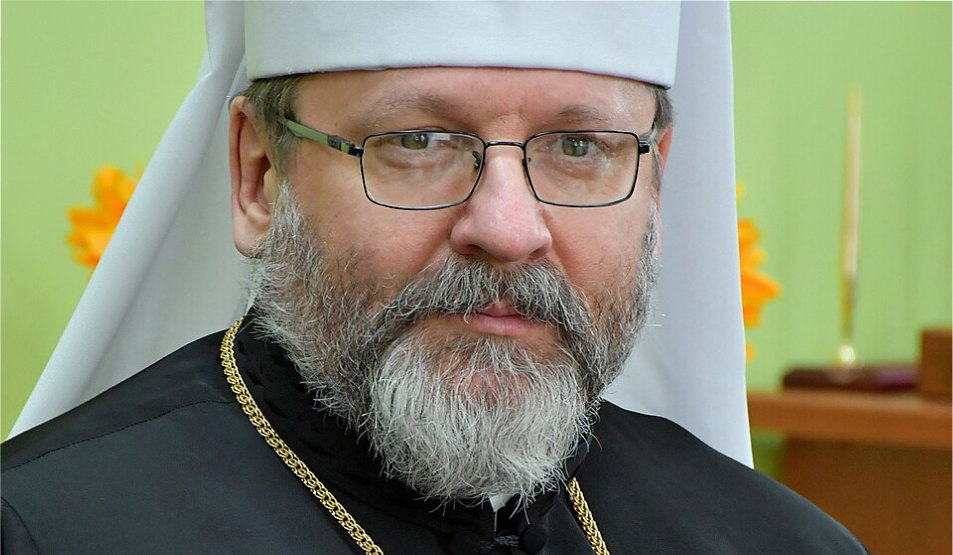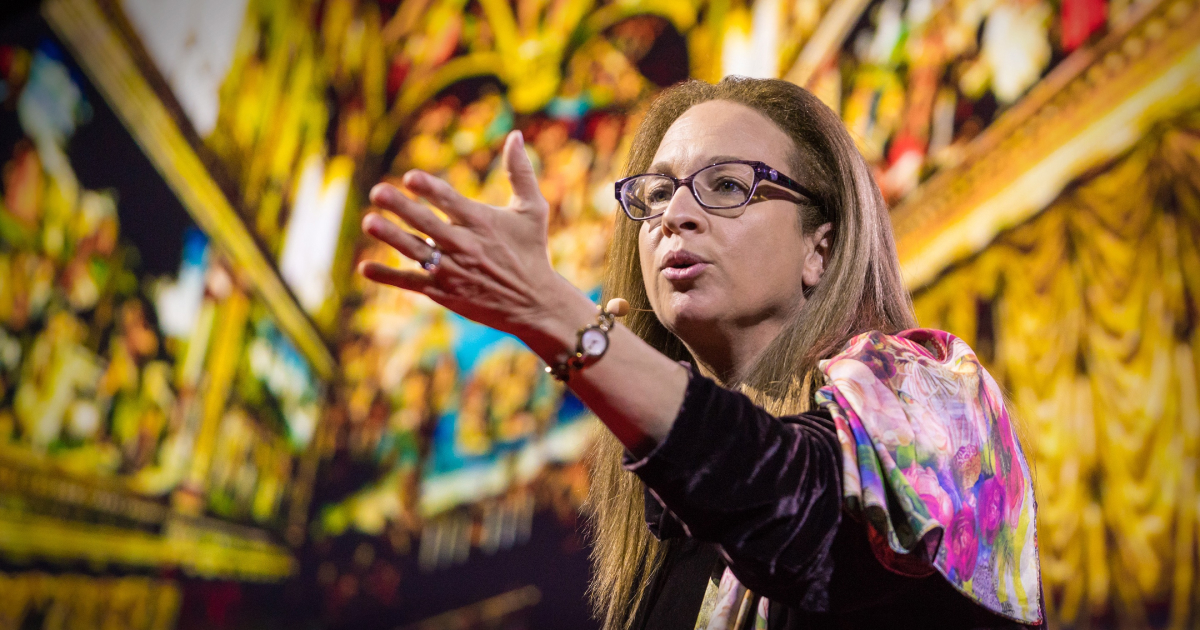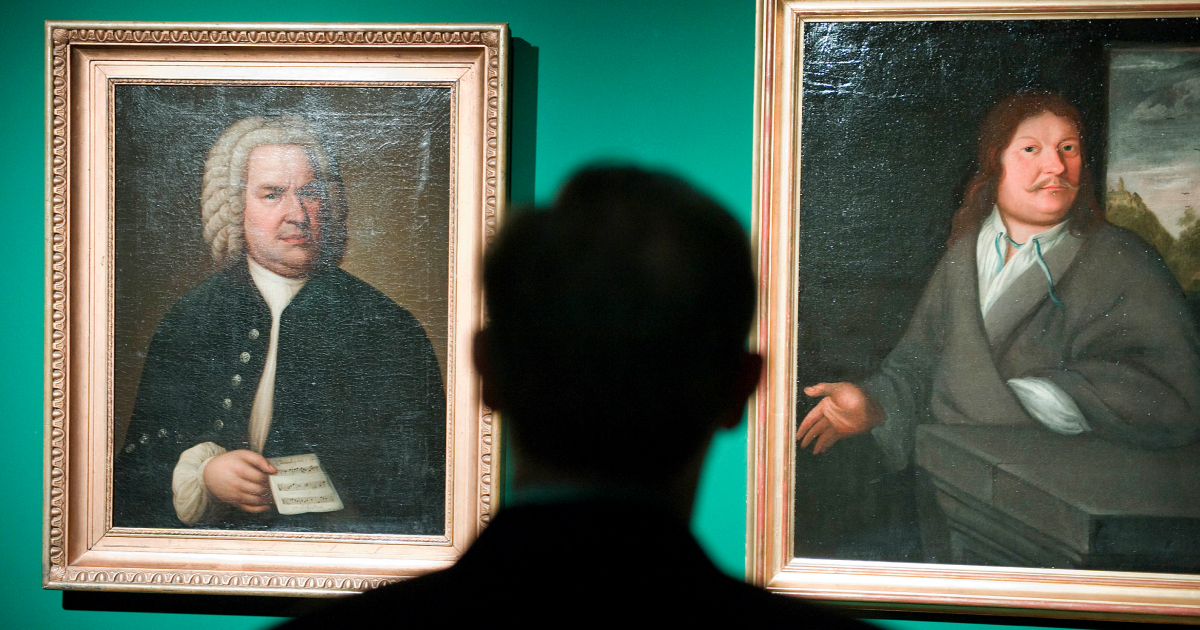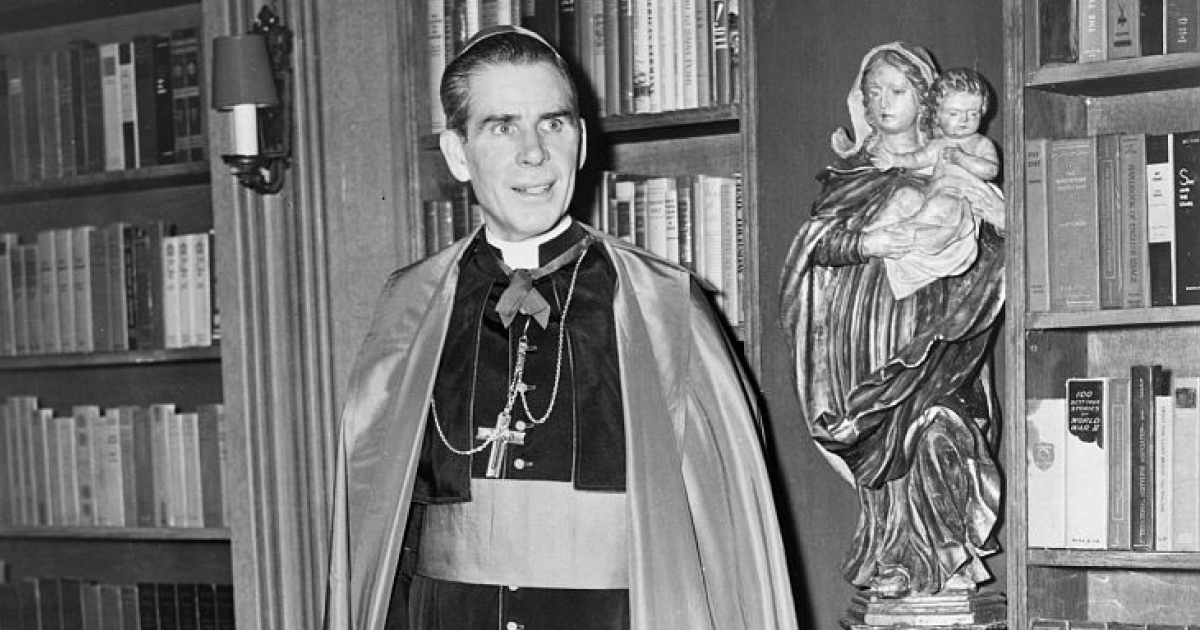Major Archbishop Sviatoslav Shevchuk has issued one of his starkest warnings of the war, condemning what he called a destructive network of corruption uncovered within Ukraine’s energy sector.
In his weekly video message, delivered in the 196th week of the Russian invasion, the head of the Ukrainian Greek Catholic Church said the revelations had caused “anguish” across the country as investigators alleged that officials siphoned off about $100 million from state-owned energy companies.
“Our law enforcement agencies have uncovered a criminal corruption scheme that was destroying Ukraine’s energy system,” he said. “We share the pain of our society and, fulfilling the prophetic role of the Church, we consistently denounce and condemn the phenomenon we call corruption.”
His remarks came amid sustained military pressure, with heavy fighting around Pokrovsk and renewed Russian attempts to push further into Ukrainian territory.
The Major Archbishop praised the “heroic resistance” of Ukrainian troops holding the line both in the east and near Zaporizhzhia, but said the domestic scandal had deepened the nation’s distress at a time when many households already struggle with shortages of heat and electricity. Corruption in wartime, he said, amounted to an assault on Ukraine’s survival, describing it as “a gross act of sabotage”.
He stressed that the exposure of the scheme by Ukrainian authorities was a sign of institutional resolve. He called it “encouraging” that state bodies were confronting the problem directly and urged continuing vigilance. “We hope that the Ukrainian state, our government, will consistently fight and stop this phenomenon,” he said.
He added that Ukrainians themselves, through civil society, parish life and public engagement, were shaping “the necessary public opinion, which has declared zero tolerance for any manifestations of this evil — moral, social, economic — in our society”. Corruption, he insisted, was not only a moral wrong but “a crime against Ukraine”.
Shevchuk also warned that, despite the damage inflicted by both war and internal wrongdoing, the nation’s aspirations remained unchanged. He said that “despite our inner pain and difficulties, despite the new victims of this war, no one can break Ukraine’s will for freedom, truth, dignity, and independence, which are essential prerequisites for the development of every person and every nation”.
U.S. foreign aid to Ukraine has been substantial since Russia’s full-scale invasion in February 2022, with the United States emerging as the largest donor globally. The U.S. has committed over $134 billion in total assistance, including approximately $66.9 billion in military aid, covering weapons, equipment replenishment and security cooperation.
This aid spans multiple categories, from direct military support to humanitarian and economic stabilisation efforts, coordinated through agencies such as the Department of Defense and USAID. Since 2025, support has fluctuated, including a sharp decline in new military commitments during July and August, partial suspensions for reviews and an early March freeze by President Trump that was later lifted amid debates over effectiveness and oversight.
By late 2025, around $30.1 billion in appropriated funds remained available, primarily for replenishing U.S. stockpiles donated to Ukraine, reflecting a move toward more scrutinised and conditional support.
U.S. foreign aid has also involved the Department of Energy (DOE), particularly in bolstering Ukraine’s energy sector amid Russian attacks on infrastructure. The DOE maintains an office in Kyiv to advance U.S. energy policy objectives, focusing on strengthening the country’s energy security through technical assistance and international cooperation.
Oversight challenges persist, with a 2025 USAID audit recommending improved monitoring of energy projects to prevent misuse.
Senator Rand Paul and former Congressman Ron Paul have pointed to these concerns as confirmation of long-standing warnings about unchecked aid, urging audits and potential cuts to U.S. funding, with Paul linking the issue to the need to end the war by halting financial flows.
The Major Archbishop’s words this week place that tradition squarely within the realities of a country still fighting for its existence, and now confronting once more the dangers that arise from within as well as those arrayed against it.











.jpg)





